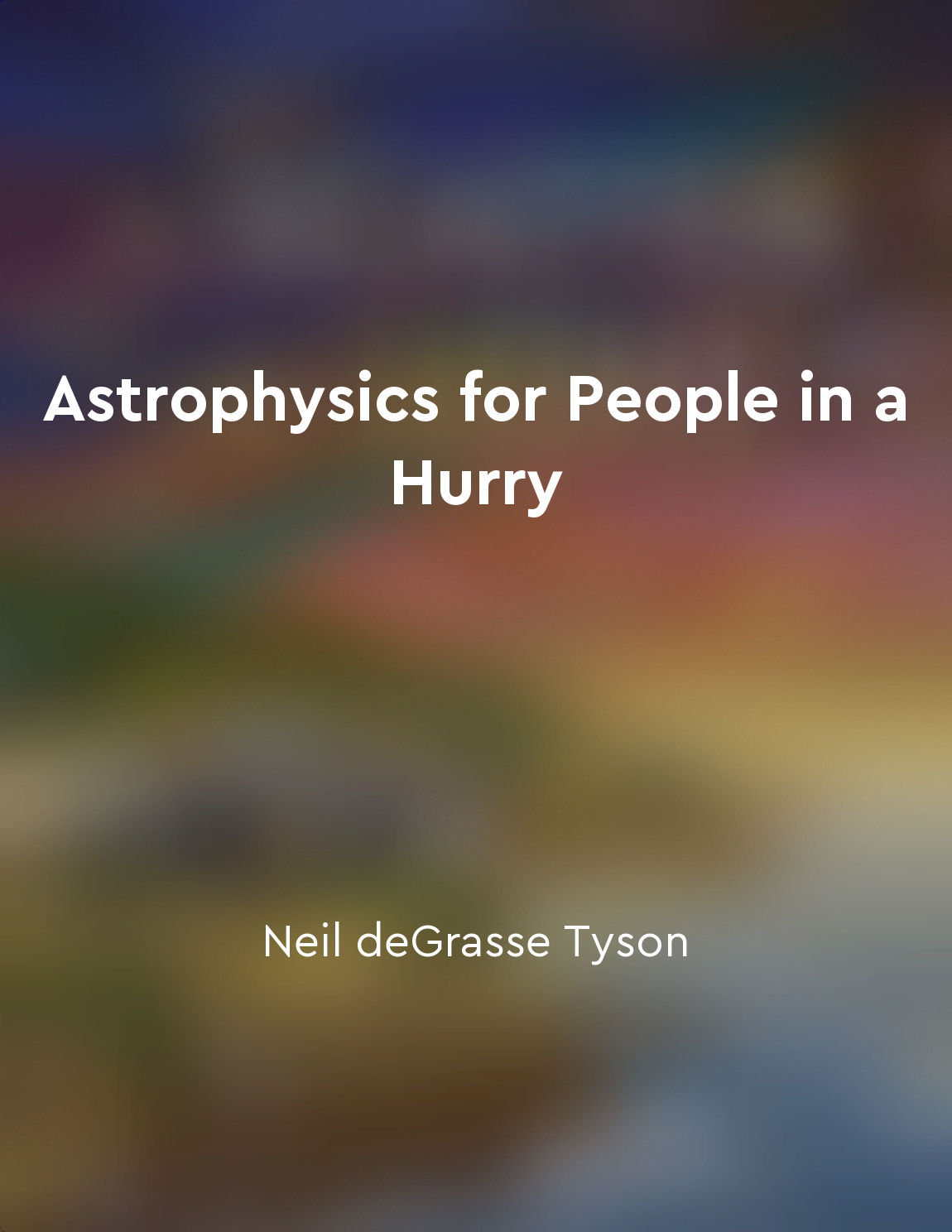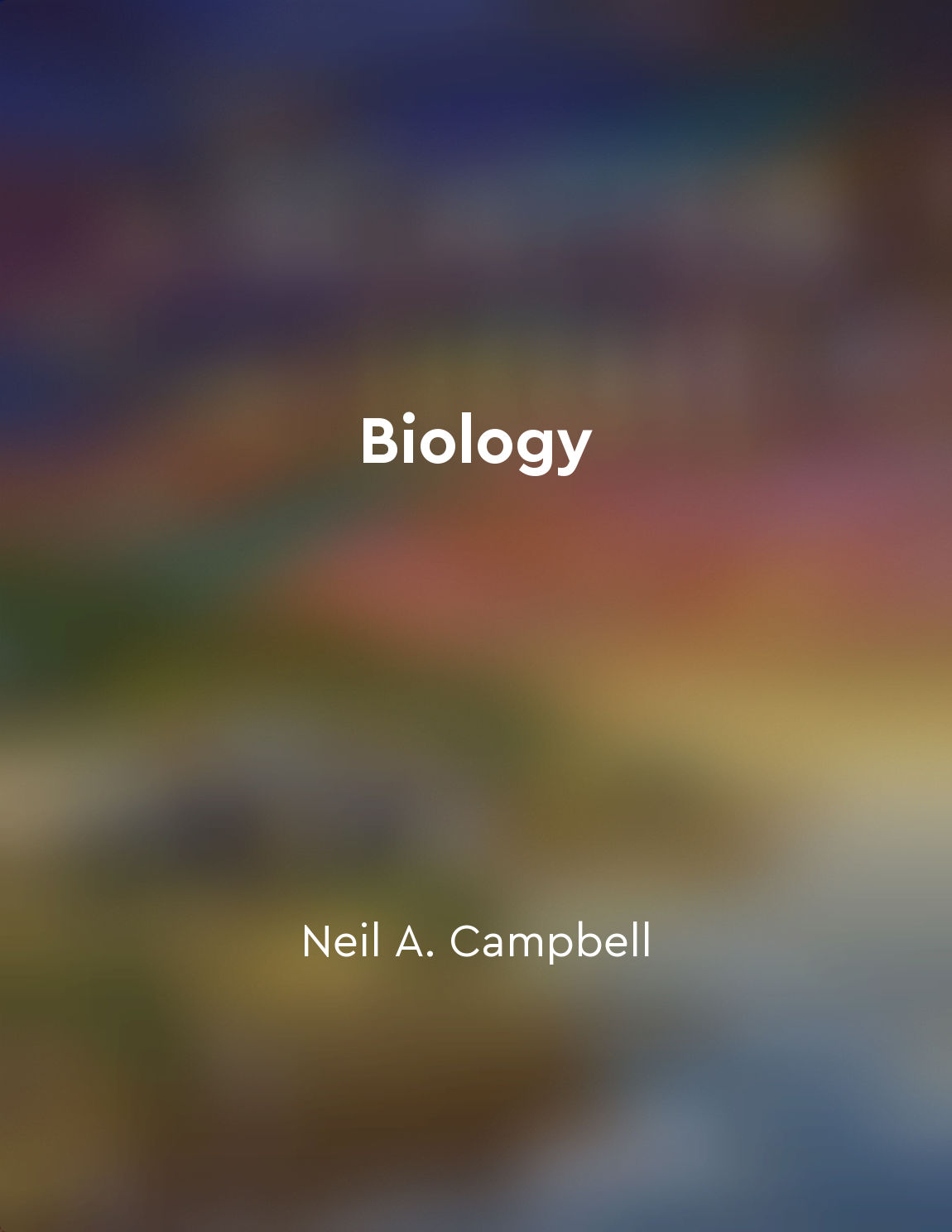Science is not infallible, but it is selfcorrecting from "summary" of The Demon-Haunted World by Carl Sagan
In our quest for understanding the universe, we must acknowledge that science is not without its flaws. It is a human endeavor, carried out by fallible beings who are subject to biases and errors. Scientists, like all of us, can make mistakes in their observations, interpretations, and conclusions. This is why skepticism and critical thinking are essential components of the scientific method. Despite its imperfections, science has a unique feature that sets it apart from other ways of knowing: it is self-correcting. The very nature of the scientific process allows for errors to be identified and corrected over time. When a scientific theory is proposed, it is subjected to rigorous testing through experiments and observations. If the results do not support the theory, it is either revised or discarded. This constant cycle of hypothesis, experimentation, and revision ensures that our understanding of the world is constantly evolving and improving. This self-correcting mechanism is what gives science its strength and reliability. It is not based on dogma or authority, but on empirical evidence and logical reasoning. When new evidence comes to light that challenges established theories, scientists are willing to reassess their beliefs and modify their ideas accordingly. This flexibility and openness to change are what make science such a powerful tool for uncovering the truths of the universe. Of course, the process of self-correction is not always smooth or immediate. Scientific paradigms can be resistant to change, and scientists themselves can be reluctant to let go of deeply held beliefs. However, in the long run, evidence and reason prevail. As Carl Sagan famously said, "Science is more than a body of knowledge; it is a way of thinking." It is a way of thinking that values curiosity, skepticism, and a willingness to be proven wrong. This is what allows science to advance and expand our understanding of the world in ways that other modes of inquiry cannot.Similar Posts
Knowledge is based on experience
According to the philosopher David Hume, knowledge is ultimately derived from our experiences. He posits that our understanding...
Universe began with Big Bang
According to the Big Bang theory, the universe began as a singularity – a point of infinite density and temperature – about 13....
Science has provided explanations for natural phenomena
Throughout history, humans have sought to understand the world around them. They observed the natural phenomena occurring in th...

The search for extraterrestrial life continues to captivate our imagination
Jupiter's moon Europa is thought to have a subsurface ocean twice the volume of Earth's oceans combined. Enceladus, a moon of S...
Predictive capabilities limited by quantum uncertainty
In the strange world of quantum mechanics, particles like electrons don't have definite positions or speeds until they are meas...
The future is shaped by our present actions
The idea that the future is determined by our current actions is a fundamental concept that has profound implications for the w...

Animal structure and function
The structure and function of animals are closely intertwined, each influencing the other in intricate ways. Animals are made u...
String theory unifies physics
String theory proposes that the most fundamental components of the universe are not particles but tiny strings that vibrate at ...
Paradigms guide scientific research
The concept that paradigms guide scientific research is a fundamental aspect of the scientific process, as discussed in 'The St...
